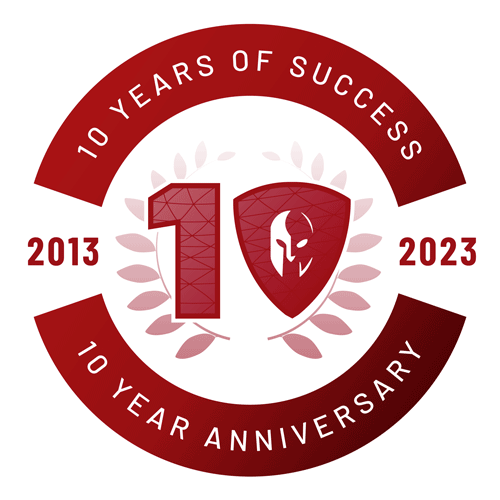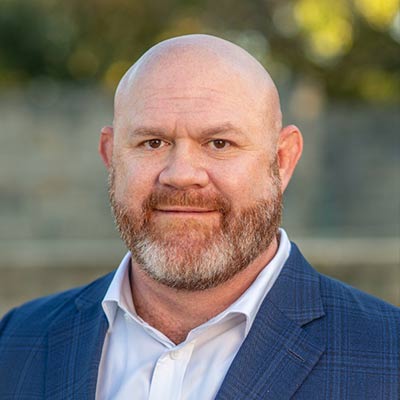Introduction
In our digital age, the sanctity of data and the trustworthiness of systems are paramount. For organizations working within the Department of Defense (DoD) supply chain, this sentiment has taken shape in the form of the Cybersecurity Maturity Model Certification (CMMC). For CEOs and Boards, understanding the strategic and operational significance of CMMC is not just about compliance; it’s about safeguarding our collective national security interests and reinforcing trust with our governmental partners.
Why CMMC Matters to Us All
For any organization, the data we manage and the systems we employ form the backbone of our operations. In the context of the defense sector, the stakes are even higher. The CMMC stands as a testament to the DoD’s commitment to ensuring that all levels of its supply chain are secure against cyber threats. But it’s more than just another standard:
Reputation: Achieving CMMC compliance is a visible indicator of our commitment to cybersecurity. It builds trust with not just the DoD but also other stakeholders, demonstrating our unwavering focus on data security.
Economic Impact: Non-compliance isn’t an option if we wish to continue or seek contracts within the DoD supply chain. Compliance ensures our continued market relevance and positions us as leaders in the defense industry.
National Security: At its core, CMMC is about protecting sensitive information from falling into the wrong hands. Every breach in the supply chain is a potential threat to national security.
The Mountain We Climb
Understanding CMMC's Complexity
Achieving CMMC compliance is undeniably complex. The model spans five maturity levels, ranging from basic cyber hygiene to advanced practices. Its comprehensiveness is both its strength and its challenge:
Depth and Breadth: CMMC doesn’t just touch on technology. It encompasses processes, people, and governance structures.
Evolving Threat Landscape: The cyber threats of today aren’t static. As adversaries evolve, so must our defenses, making ongoing adherence to and beyond CMMC crucial.
Resource Intensiveness: Compliance requires significant investment – both in terms of technology and human resources. It’s not a one-time project but an ongoing endeavor.
Charting the Course
Steps to Achieving CMMC Compliance
Navigating the intricacies of CMMC might seem daunting, but with a systematic approach, it is attainable.
Here’s a roadmap for our journey:
Assessment of Current State: Before embarking on this journey, we need to understand where we stand. Engage external experts to perform a thorough audit of our current cybersecurity posture against CMMC standards.
Gap Analysis: Identify areas where our practices fall short of CMMC requirements. This gap analysis becomes the foundation for our action plan.
Building a Cross-functional Team: This isn’t just an IT project. Involve representatives from legal, HR, operations, and other relevant departments to ensure a holistic approach to compliance.
Prioritize Remediation Efforts: With the gaps identified, prioritize them based on risk. Address high-risk areas first to get the most significant security gains early.
Training & Awareness: Every employee plays a role in cybersecurity. Launch a company-wide training initiative to ensure that everyone understands their responsibilities under CMMC.
Continuous Monitoring & Improvement: CMMC isn’t a “set it and forget it” model. Implement continuous monitoring tools and practices to ensure ongoing compliance and to identify potential areas of improvement.
Engage a Third-party Assessor: Once we believe we’re compliant, it’s time to bring in an external CMMC assessor to validate our practices and grant certification.
A Call to Leadership
Why CEO and Board Engagement is Crucial
CMMC compliance is not just an operational challenge; it’s a strategic imperative:
Resource Allocation: Achieving and maintaining compliance requires investment. Your support ensures that we allocate the necessary resources effectively.
Culture of Cybersecurity: Leadership’s focus on CMMC sends a powerful message across the organization, fostering a culture that prioritizes cybersecurity.
Risk Management: Cyber risks are business risks. Your engagement ensures that we address these risks holistically, integrating them into our broader risk management framework.
Conclusion
The journey to CMMC compliance is undoubtedly challenging, but it is one we must undertake. For CEOs and Board members, understanding and supporting this initiative is paramount. It’s not just about securing contracts or meeting regulatory requirements; it’s about fulfilling our duty to our nation, our partners, and ourselves. Together, let’s champion a culture of cybersecurity resilience, ensuring that we remain trusted guardians of the data and systems entrusted to us.
Get in touch with us
Secutor Cybersecurity is a trusted partner comprised of industry leading experts in the fields of Cybersecurity and Governance, Risk and Compliance. We partner with our clients to deliver on-demand solutions tailored to expertly navigate the regulatory demands of their specific industries.
Our proven track record of successfully exceeding client expectations is achieved through the combination of our methodical approach, advanced technologies, subject matter experts, and synergy with client team members.
Secutor is your team of world-class problem solvers with vast expertise and experience delivering complete solutions keeping your organization protected, audit-ready, and running smoothly.







